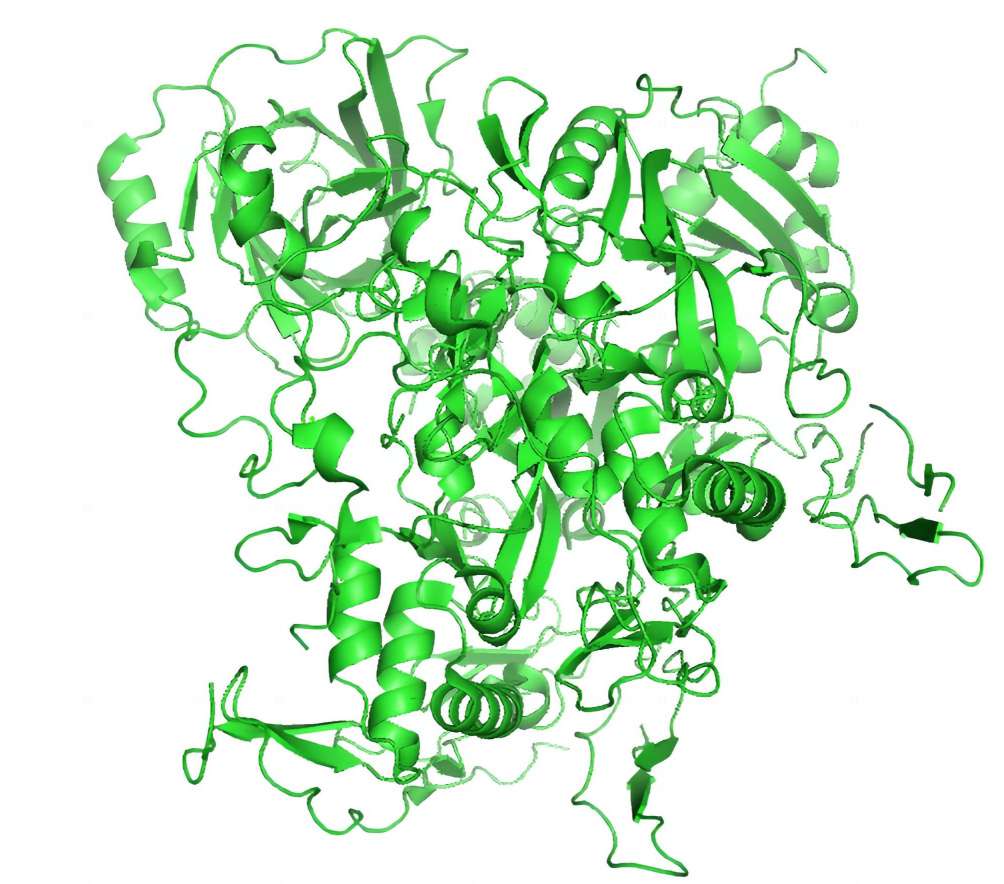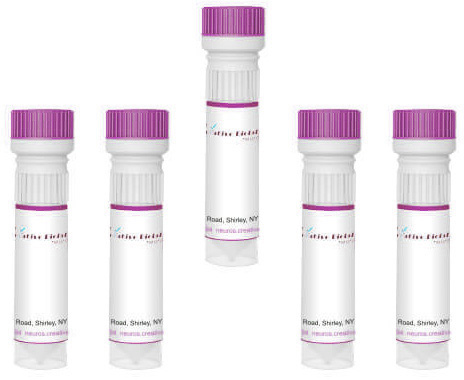Product List Background C8B Functional Service
Background
The complement system enhances the immune defense by producing the cell-killing membrane attack complex (MAC), a pore protein composed of C5b, C6, C7, C8, and C9. Complement component 8 (C8), the most complex constitutive of the MAC, is a heterotrimer protein consisting of genetically distinct proteins, C8A (α chain), C8B (β chain), and C8G (γ chain). Human C8B is a 591-amino acid 67 kDa polypeptide, which is independently encoded by the C8B gene. C8B is homologous to C8A, which also contains a ~40 kDa MAC perforin (MACPF) domain, two thrombospondin modules, an LDL-related module, and an epidermal growth factor module. It has been researched that the MACPF domain of C8B involves at least two binding reactions, one is noncovalently bound to C8A with high affinity, the other is responsible for integrating C8 protein with the pre-assembled C5b-7 complex to form MAC.
In humans, C8B mutation is a rare autosomal recessive disorder causing complement component 8 deficiency type II and complement component 6 deficiency. Patients with C8B deficiency suffer from severe recurrent infections, particularly Neisseria gonorrhoeae or Neisseria meningitidis infections.
 Fig.1 Complement C8 complex structure.Distributed under CC BY-SA 3.0, from Wiki, without modification.
Fig.1 Complement C8 complex structure.Distributed under CC BY-SA 3.0, from Wiki, without modification.
C8B Functional Service
Creative Biolabs provides an extensive collection of C8B-related products, including anti-C8B antibodies, C8B ELISA kits, recombinant C8B proteins, and reporter vectors with the C8B gene. These meticulously crafted reagents play a vital role in advancing research focused on developing therapeutic strategies for a variety of diseases.
The complement system is pivotal for host defense, homeostasis, and tissue repair, acting as a bridge between innate and adaptive immunity. Researchers discovered a patient with a heterozygous combination of genetic variants in complement C2 and C8B, associated with multiple autoimmune conditions, despite the absence of specific autoantibodies. Semi-quantification of C8 serum levels utilized C8 western blot with purified C8 and a polyclonal antibody against C8B.
Creative Biolabs delivers a broad spectrum of customized C8B-functional services, including in-depth interaction studies and additional functional assessments. These carefully crafted solutions are intended to aid our clients in propelling their scientific investigations and clinical efforts.


 Datasheet
Datasheet Fig.1 Complement C8 complex structure.
Fig.1 Complement C8 complex structure.